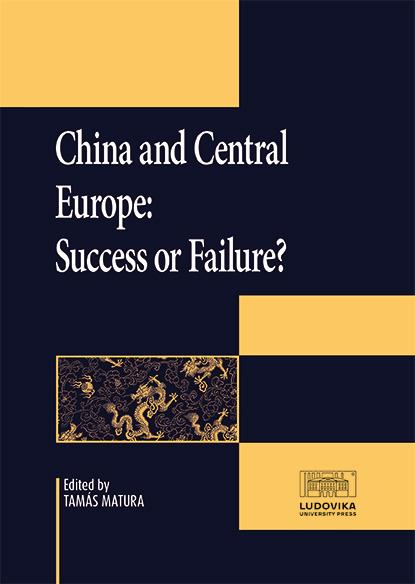Editor’s Welcome and Some Introductory Remarks
Absztrakt
Eight years have passed since Hungary had the pleasure to welcome then Premier Wen Jiabao, and to organise the first China–Central and Eastern European Countries Economic and Trade Forum, the foundation of the cooperation between Beijing and its sixteen regional partner countries, or the 16 + 1 initiative as we know it today. Relations to China were high on the political agenda of all Central and Eastern European (CEE) countries in the past years, as everybody was hoping for higher levels of financial liquidity, new jobs and enhanced economic activity amid the crisis-ridden economic environment of the European Union.
This book was written in the framework of a larger research project of the National University of Public Service, Budapest. The project was supported by the research funds of the European Union, and its main aim was to analyse the foreign policy and international affairs of ten CEE countries. The following chapters will guide the reader into the details of the China policy of Austria, Croatia, the Czech Republic, Hungary, Poland, Romania, Serbia, Slovakia, Slovenia and Ukraine, that is, it includes the most important countries of the 16 + 1 cooperation, but also goes beyond that framework and offers an insight into the approach of Austria, a wealthy western nation, and Ukraine, a developing Eastern European country. The authors are all one of the most renowned China and foreign policy experts of their respective nations with remarkable experiences and expertise in their field of research.
Each chapter offers a country level approach and covers topics like bilateral political relations, economic and investment ties and cooperation with China in the context of the 16 + 1 and the European Union.



.svg)
